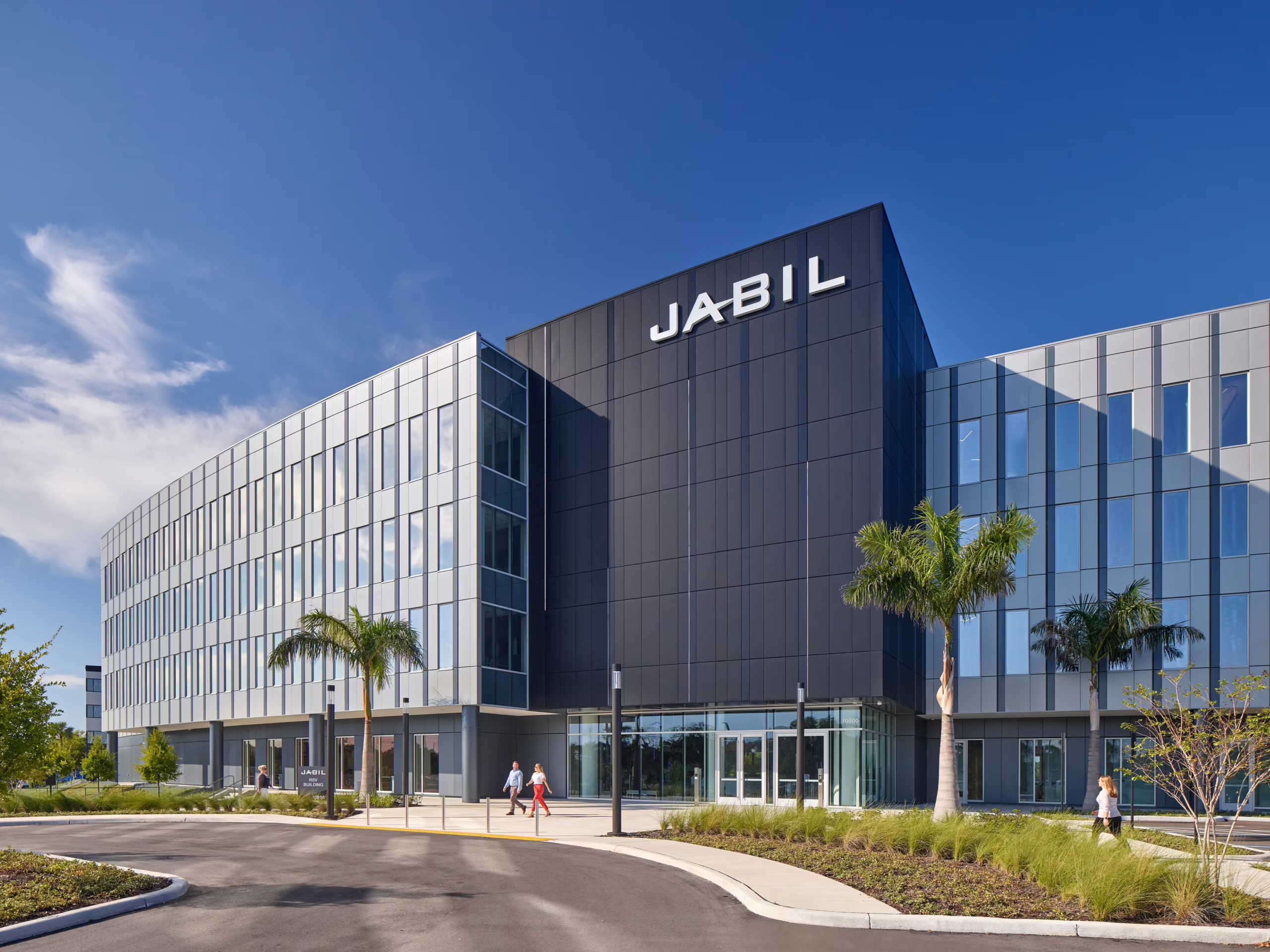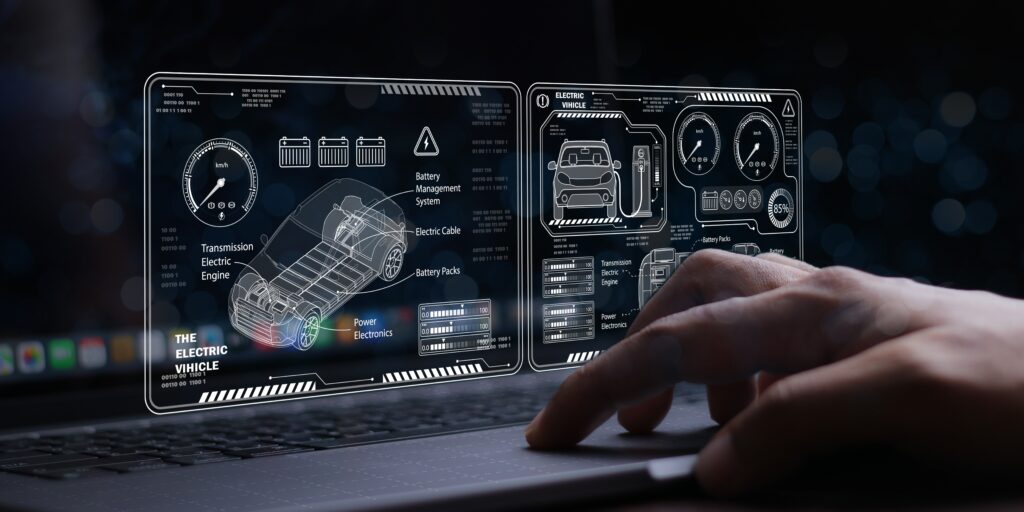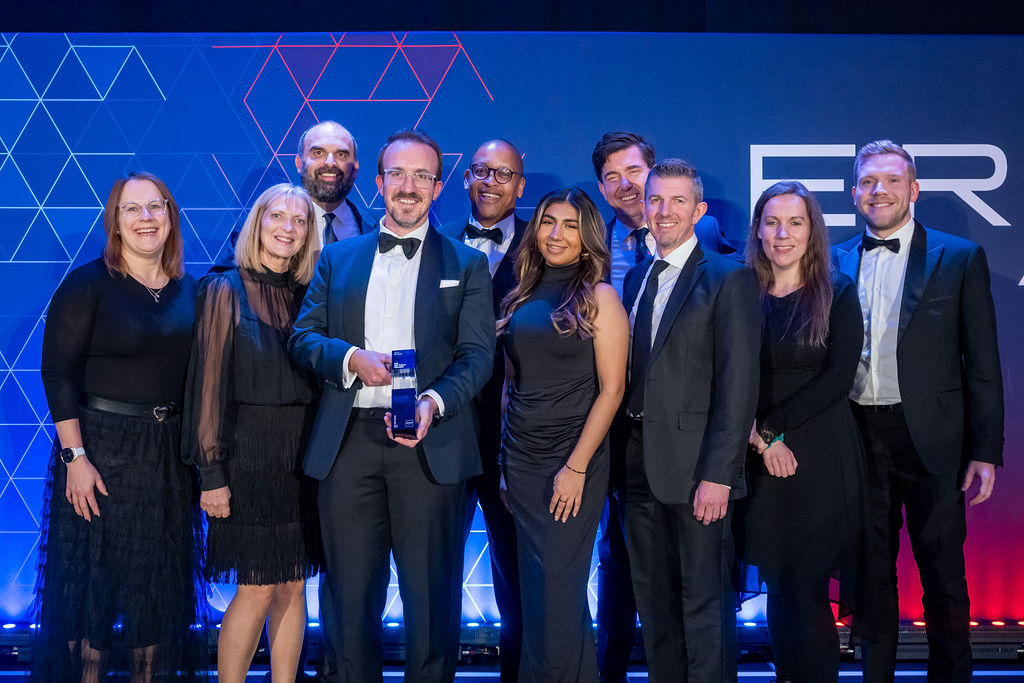 For Chase Christensen, Vice President and CIO of Business Units and Enterprise Solutions at Jabil, resilience isn’t a buzzword—it’s a business imperative. With operations in over 25 countries and 135 locations, Jabil is one of the world’s leading manufacturing services companies, serving customers across industries from healthcare to automotive. The company’s lean margins and massive scale demand precision, agility, and above all, technology that delivers measurable business value. That’s why Jabil’s relationship with SAP is more than just a legacy—it’s an evolving partnership rooted in performance.
For Chase Christensen, Vice President and CIO of Business Units and Enterprise Solutions at Jabil, resilience isn’t a buzzword—it’s a business imperative. With operations in over 25 countries and 135 locations, Jabil is one of the world’s leading manufacturing services companies, serving customers across industries from healthcare to automotive. The company’s lean margins and massive scale demand precision, agility, and above all, technology that delivers measurable business value. That’s why Jabil’s relationship with SAP is more than just a legacy—it’s an evolving partnership rooted in performance.
“We needed a platform that could handle global scale, localization, and compliance right out of the box,” said Christensen. SAP provided that foundation early on, enabling Jabil to achieve SOX compliance while supporting lean, highly standardized operations. Over time, SAP’s role has expanded, powering everything from supply chain management to finance and regulatory compliance.
Today, Jabil runs the majority of its operations on just two SAP instances across 135 global sites. That’s an anomaly in the enterprise world, where 20 or more instances are not uncommon. “We’re consolidating even further,” Christensen noted. “And that simplicity is a strategic asset—it’s what gives us the ability to respond to tariffs, chip shortages, or pandemics in real time.”
That ability to respond swiftly and intelligently underpins Jabil’s definition of resilience. SAP, acting as the company’s single system of record for supply chain data, enables real-time analytics and scenario modeling across operations. During the COVID-19 pandemic and subsequent supply chain turbulence, this data backbone allowed Jabil to make instant adjustments and reconfigure supply models—without waiting 12 hours for an analyst to re-run reports.
“It may sound simple, but having the right data at the right time changed how we survived disruption,” Christensen said. “That’s what resilience looks like.”
Jabil’s move from ECC to S/4HANA is another example of its pragmatic innovation. Initially, the company piloted a Greenfield implementation. But after assessing organizational impact, they pivoted to a Brownfield approach. That decision, supported by SAP MaxAttention and advisory services, enabled Jabil to migrate 250 accounts to SAP S/4HANA within 18 months—at enterprise scale.
SAP’s ongoing innovation in AI has caught Christensen’s attention as well. Jabil was an early adopter of AI and machine learning, using them to improve forecasting and automate processes through RPA and NLP. Now, with the rise of generative and agentic AI, Jabil is evaluating SAP Joule and other emerging tools—but with a healthy dose of skepticism.
“We exist in a hybrid environment—on-premise, cloud, Rise with SAP—and we’re not going to rewrite everything overnight. We need to understand how tools like Joule complement our current stack and where the ROI really is,” he said.
That demand for value realization is a recurring theme. Christensen emphasized the importance of holding partners accountable—not just for delivery, but for outcomes. “I pay SAP a lot,” he said, half-joking. “I want net-new value from what I’m already paying, not just more licenses. That means tangible ROI from the tools we’ve already bought.”
This pragmatic mindset extends to Jabil’s entire innovation strategy. “We don’t invest in the shiniest object,” Christensen said. “We invest in what moves a metric. If we can’t see a business case in a few weeks, we shut it down.” That fail-fast, scale-fast mentality allows Jabil to stay competitive without becoming chaotic.
Jabil also leverages SAP Business Technology Platform (BTP), SAP Integration Suite, and Signavio to drive business architecture maturity, connect legacy systems, and manage compliance across diverse regulatory environments. They’ve prioritized integration layers, document management, and GTM alignment tools to future-proof their SAP investment.
That investment is also about people. As AI agents evolve, Christensen sees the opportunity not as replacing jobs but as augmenting employees—especially in manufacturing and supply chain roles. “Yes, we’re rebalancing the workforce,” he said. “But it’s about removing the menial tasks so employees can do higher-value work. That’s the real power of AI.”
He also believes that workforce transformation will be driven by generation shifts. “More digital natives are entering the workforce, and they expect systems to work like their phones. We have to design for that.”
Ultimately, Jabil’s vision is one of controlled transformation—moving quickly, but never recklessly. “We have a North Star,” Christensen concluded. “And every technology decision—whether it’s SAP, AWS, or GenAI—is about getting us closer to that vision without losing what makes us operationally excellent.”
What this means for ERP Insiders
Prioritize simplicity in global ERP strategy. Jabil runs its global operations with just two SAP instances across 135 sites. For ERP leaders, that’s a compelling argument for consolidation and standardization. By minimizing ERP sprawl, organizations can unlock agility, reduce risk, and improve response times during disruption. SAP customers should evaluate the feasibility of single-instance strategies using SAP S/4HANA, Integration Suite, and BTP to centralize operations.
Embed real-time decision support in supply chain operations. Christensen highlighted that Jabil’s ability to re-run supply models in minutes was critical to their pandemic and tariff resilience. SAP customers should focus on embedding real-time analytics using SAP HANA Cloud and SAP Analytics Cloud to enable instant scenario modeling. Resilience is about responsiveness—and that starts with trustworthy, accessible data.
Invest in AI use cases that augment, not replace. Jabil’s approach to GenAI is rooted in augmentation—freeing up supply chain professionals and analysts to focus on what matters most. SAP customers can replicate this with Joule and SAP AI Core, targeting use cases like invoice reconciliation, contract analysis, and demand forecasting. When AI removes low-value tasks, humans can focus on strategic impact.




